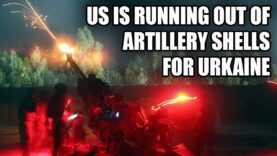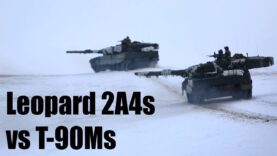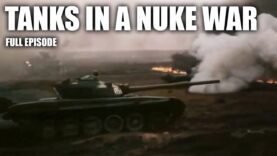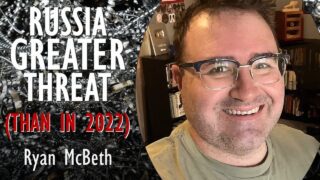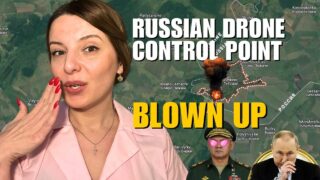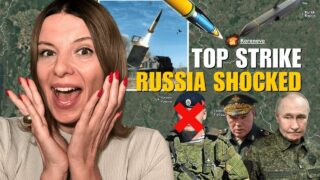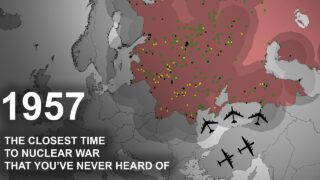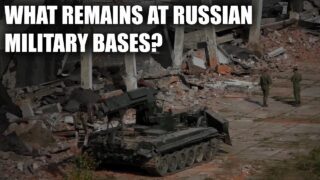Tac Ops – Command and Control in Ukraine, with Ryan McBeth!
Tac Ops – Command and Control in Ukraine, with Ryan McBeth!
Video Summary
Ryan begins by explaining his background, which includes working on Command, Control, Communications, Computers, Intelligence, Surveillance, and Reconnaissance (C4ISR) systems. He describes the importance of intelligent systems in providing a significant advantage in warfare, citing the United States’ ability to gather and analyze information quickly, allowing them to stay ahead of their adversaries. He also discusses the concept of “situational awareness” and how it’s having real-time access to information is crucial in modern warfare.
We dive into the topic of Russian military technology, specifically their air defense systems. Ryan shares some fascinating stories about how Ukraine has managed to gather and share intelligence, including hacking into phone systems to extract data. He also mentions the role of artificial intelligence and machine learning in filtering and organizing vast amounts of information.
The conversation turns to the US military, with Ryan highlighting the importance of training and experience over equipment. He references a story about China’s first airborne operation, which was a significant step in their military modernization. He also discusses the potential implications of the Chinese military’s growth and how it might change the global balance of power.
Ryan shares his thoughts on the T-72 tank, which he defends as a solid performer in its time, but notes that it’s no longer state-of-the-art. He mentions the importance of maintenance and maintenance procedures in keeping complex equipment running effectively. He also discusses the potential for increased production of Russian military hardware and how that might impact the global balance of power.
The conversation takes a more philosophical turn as Ryan reflects on the impact of his work and the moral implications of building technology that can be used for harm. He shares some thought-provoking insights on the nature of his work and how it relates to his personal values.
As our conversation comes to a close, I thank Ryan for his insights and expertise, and we both acknowledge the complexity of the topics we’ve discussed. We part ways, looking forward to our next conversation.




